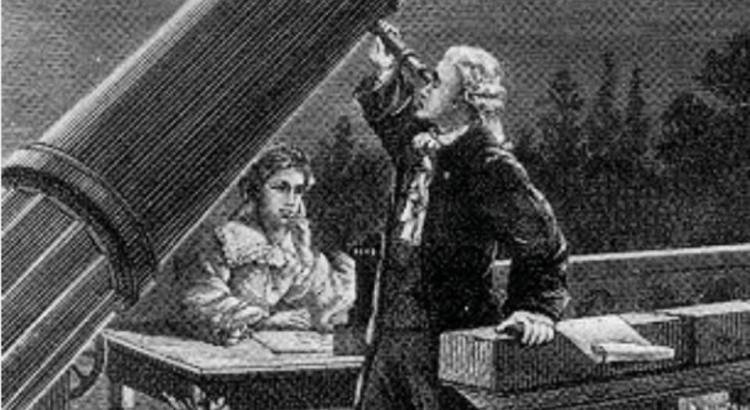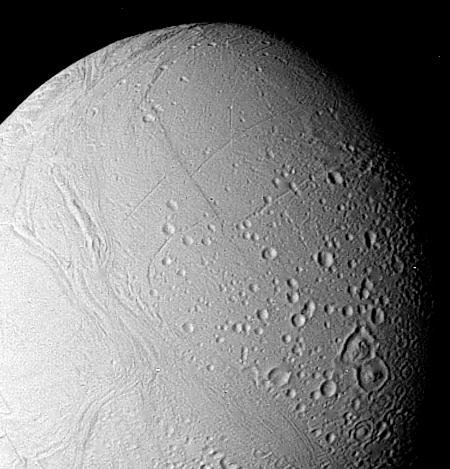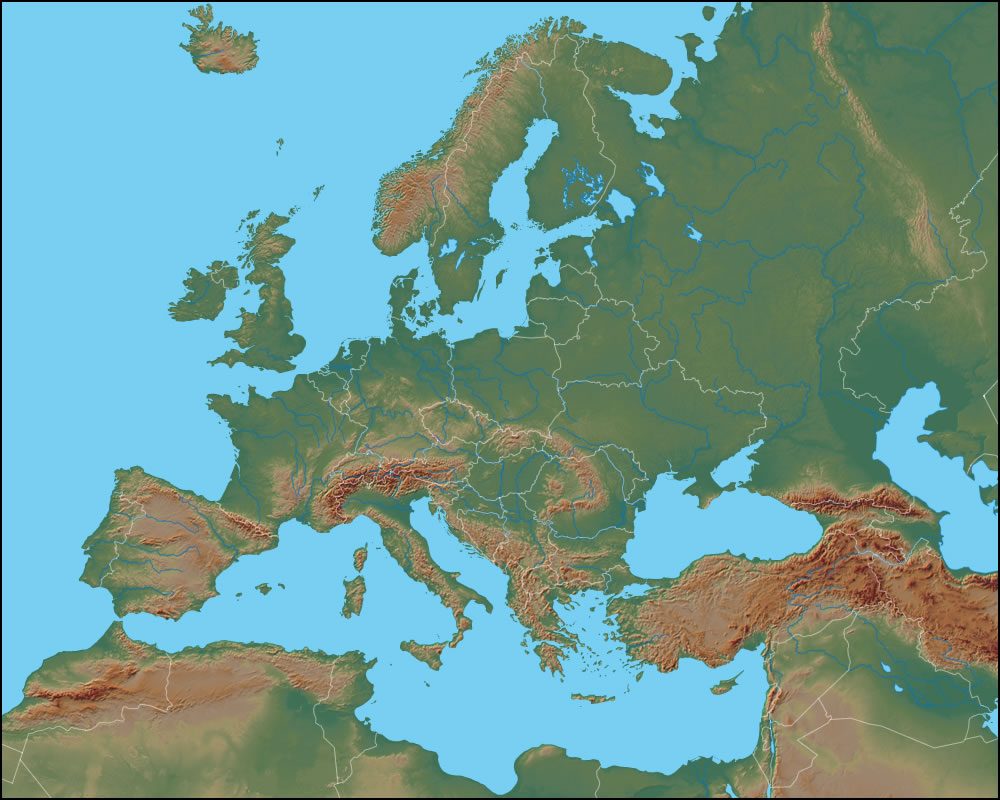
Hi everyone! 👋 I'm Julie (@Julianne_SF) and I'll be hosting People of Space this week. I'm an educator, biologist (astrobiology, evolutionary bio) & sci-fi writer/editor. PhD candidate at @science_charles, outreach co-leader at @EAIastrobiology, and the first Czech to host PoS!
For much of my teenage life, I was uncertain whether to go for biology or astronomy. Math being the only less than stellar class of mine and everything living so utterly fascinating, I went for biology, but kept writing nonfiction+fiction about space. I've also got astrobiology!
I studied evolutionary biology at @science_charles. My thesis topic was evolution of altruism (put simply, unconditional helping), which seems pretty far out from space subjects!
At the same time, I helped start the first astrobiology class & seminar at my faculty, still active.
At the same time, I helped start the first astrobiology class & seminar at my faculty, still active.
I attended classes at @matfyz, especially @GeoPraha, being fascinated by ocean-bearing moons such as Europa or Enceladus! I also had the honor of being one of the students selected by @esa the for student sponsorship opportunity for IAC 2016 (more on that soon - do apply too!).
I was at the founding of @EAIastrobiology and became a co-leader of its outreach group together with @INAF astronomer Caterina Boccato. We produced an outreach e-book of SF stories & science essays, and a bigger print book is on the way. 📚 Preparing games, exhibitions and more!
Finally, I've been told I'm the first Czech to host PoS, so I'll talk a bit about space and the Czech Republic as well. Expect lots of weird life, education & outreach resources, some mind-boggling geophysics, Czech space trivia, a bit of science fiction, and we'll see what else!
(And I also have a fantastic two-year-old potential future astrobiologist at home, so I might sometimes not react right away even if it's daytime in CEST, but I'll get there! Also, even such small children sometimes have the best questions for scientists & educators to answer.)
• • •
Missing some Tweet in this thread? You can try to
force a refresh













